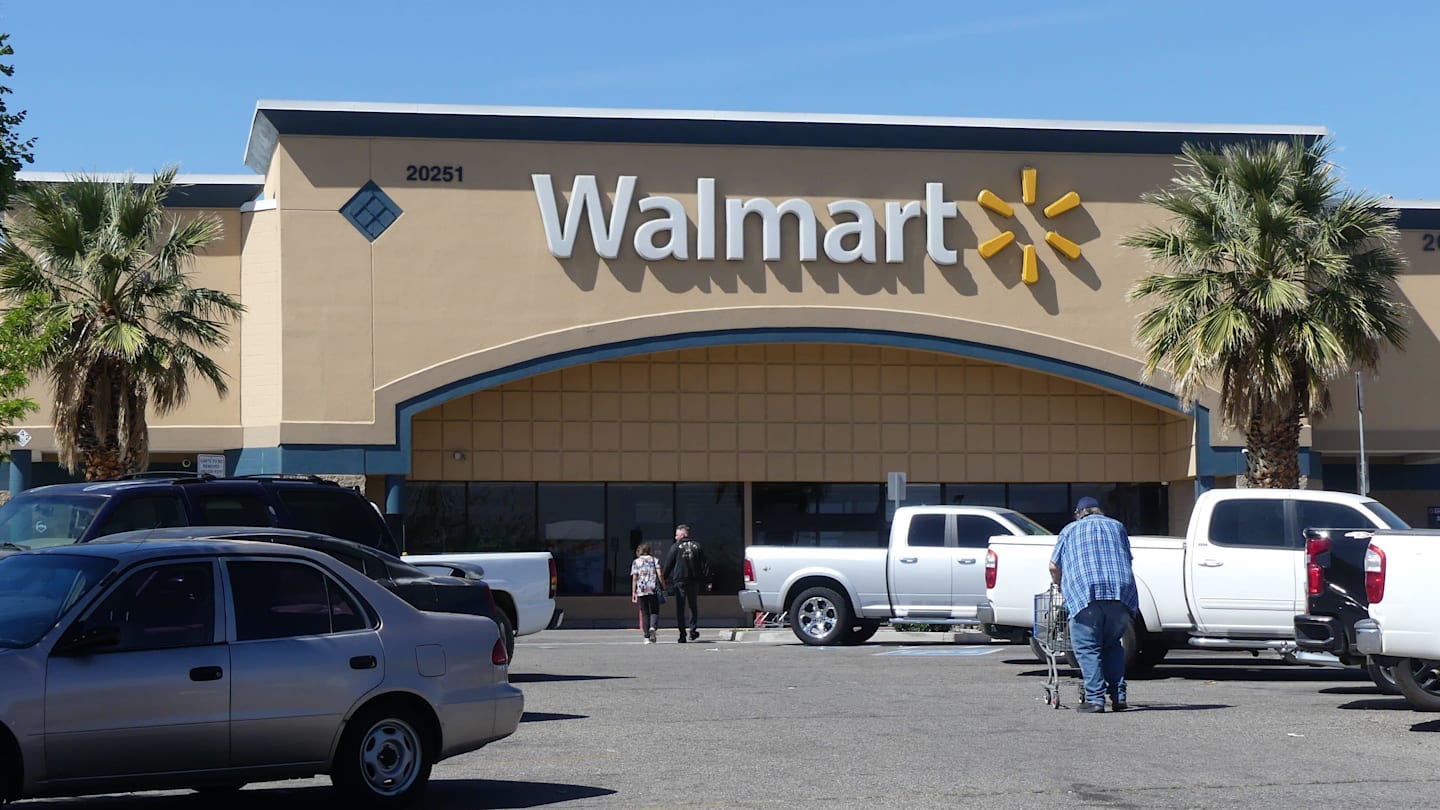The city of Aurora is looking for public feedback on a proposed multipurpose entertainment venue that would aim to bring event-goer revenue into the city.
City officials have been discussing the need for a cultural center or performing arts center for over 30 years, with a recent study done last winter showing a “clear desire” for this type of venue, according to a city webpage on the study.
The current survey, available through mid-October, will help officials understand what community members would like to see out of a multipurpose entertainment venue, including size, type and programming opportunities.
Surveying community members is the next step in a feasibility study the city has been working on conducting with consulting firm Johnson Consulting for the past year.
According to the study so far, 70% of Aurora residents leave the city to seek entertainment, based on cellphone tracking data of almost 280,000 residents.
Ryan Johnson, of Johnson Consulting, said the city is losing money that could stay in Aurora to venues outside the city. The purpose of the study would is to find a way to keep that money in the city rather than letting it trickle out into the surrounding area, he said.
Surveying residents and getting a sense for what they want and need is what Johnson called a “bottom up” study technique. They have also done some initial “top down” studies, looking at venues in the metro area, across the state, and even across the country that could compare to the type of venue Aurora needs.
Part of this has included looking at local venues, from the Front Range to Pueblo, to see if there’s a gap in the venue market that Aurora’s potential venue could fill, Johnson said.
Aurora City Councilmember Curtis Gardner said one of his campaign promises when he ran for his position the first time was to bring entertainment facilities to Aurora.
As to why the city has waited this long to have an entertainment venue, Gardner said Aurora’s development mindset “was rooftops and strip malls, and we didn’t think bigger.”
“I think for a long time it was just not what we did in Aurora,” Gardner said. “Then slowly these other cities pass us, not just Denver but a lot of other much smaller cities started building these types of facilities.”
It’s common for multipurpose entertainment venues to be part of a public-private partnership, he said, but not for them to be entirely public or entirely privately owned.
There are many models for what that partnership could look like, Gardner said, and deciding what works best is part of what will come from the feasibility study.










